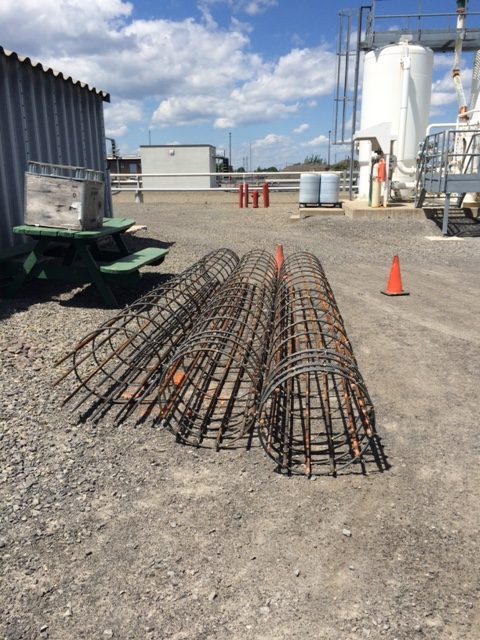
Any project involving fuel is a serious undertaking in terms of time, money, and responsibilities. When you partner with the right fuel construction services provider for your next project, you stand a better chance of getting your project completed successfully.
Before you hit the ground running, take the time to plan your project correctly using the tips below:
1. Craft project definitions
You may view your current petroleum construction plans as one or two projects. In reality, it may be more like several small projects you need to complete around the same time or one after the next. For example, upgrading your tanks may also involve welding, soil work or other construction projects. Some projects will be clear, but others can lurk in the background and catch you off guard.
To make sure all of your related projects are acknowledged and planned for, write down what you are working on now and everything else you want to work on next. Once you have that down, you can group your list around your actual goals. This should leave you with a project list.
2. Set start and end dates
Decide when each project will start and roughly when it will end. Work with an experienced petroleum project team to receive accurate estimates for your proposed project timelines. This will enable you to prioritize your projects based on when they must start and when they should finish. When you have start and end dates, you can also plan around the cycles of your business.
3. Draft a one-page petroleum project plan
You’ll need a more extensive strategy later, but for now, make a one-page plan that summarizes your goals. This will assist you in determining whether this is the correct project for your firm at this time.
Ask yourself the following questions and be sure to write down clear and concise answers for each one.
- What fuel problem does this solve?
- How will this benefit my company?
- What type of fuel professionals do I require?
- What is my budget?
- What are the potential issues involved?
- What risks does this project have?
- What is the work plan?
- What are the major project milestones?
4. Decide on your communication routines
For your fuel project, you are going to need to communicate with employees and others, such as your fuel services provider. Decide and set up those communication routines in advance. Will someone from your enterprise update you on progress on a weekly or monthly basis? Will there be a set phone or video call day and time for everyone involved to check-in? Are you or other team members responsible for communicating when the project has hit a milestone or a snag?
Once you know what your communication routine should be, make sure everyone involved knows the routine, too. Keeping everyone on the same page throughout the project is crucial to its success.
Whether you’re building a new tank or decommissioning and removing an old one, a fuel project can rapidly become complicated. Working from a well-thought-out project plan will help you stay on track to meet your deadlines and stay under budget.